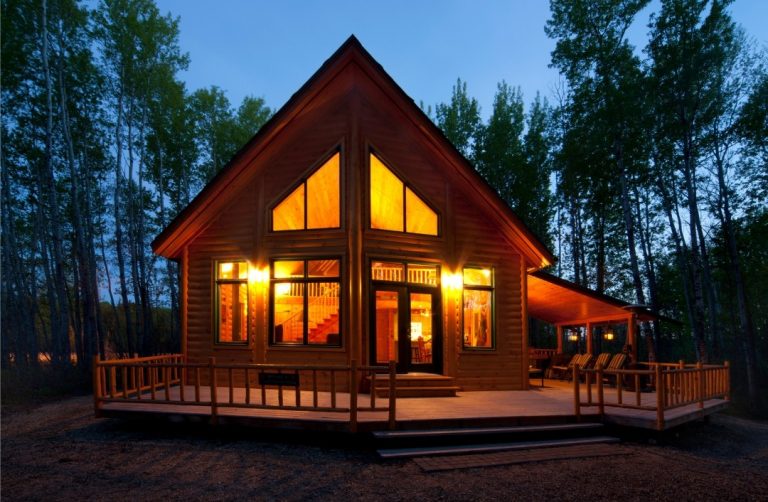You’ve probably heard people use the words cottage and cabin interchangeably. But when you’re buying a vacation property, the difference can matter—especially in rural and recreational markets.
What’s the difference?
In general terms, a cottage usually refers to a seasonal or year-round home with some comforts of a standard house. It’s more common in Eastern Canada, especially in Newfoundland and Ontario. Think of a small home on a lake or by the ocean, often with plumbing, electricity, and some heating.
A cabin, on the other hand, is more typical out West and leans toward rustic. It might be off-grid, have a wood stove, and rely on well water or even no running water at all. You might find it tucked into wooded or mountainous areas with more basic amenities.
The difference is mostly regional and cultural, but it can also affect what you’re buying.
What to consider when buying
- Utilities and Services
Many cottages are connected to municipal or seasonal services. Cabins often aren’t. That means you might have to deal with septic systems, haul water, or rely on solar or generators. Ask about power, heat, water, and waste systems. - Building Type and Zoning
Some cabins are more like hunting shacks or seasonal shelters. Others are full buildings that can be upgraded. Check the zoning rules and whether the structure is legal and insurable. Cottages usually meet more residential standards. - Accessibility
Cottages often have paved road access, especially in well-known vacation areas. Cabins might be down gravel roads or only reachable in certain seasons. If you’re planning to rent it or use it year-round, access matters. - Maintenance
Because cabins are simpler, maintenance might be less expensive—but they may also require more hands-on work, especially off-grid. Cottages often need more traditional upkeep like roofing, septic checks, and water systems. - Price and Value
Cabins can be cheaper up front, but harder to finance. Cottages may hold value better, especially if they’re close to services or water. Talk to your agent about how rural location and property type affect resale.
Bottom line
Whether you’re calling it a cottage or a cabin, the label doesn’t matter as much as the property itself. Ask clear questions. Walk the land. Get the details. And know what kind of upkeep and access you’re taking on.
If you’re thinking of buying or selling a vacation property, especially in a rural area, use the right terms—and know what buyers expect when they hear them.


